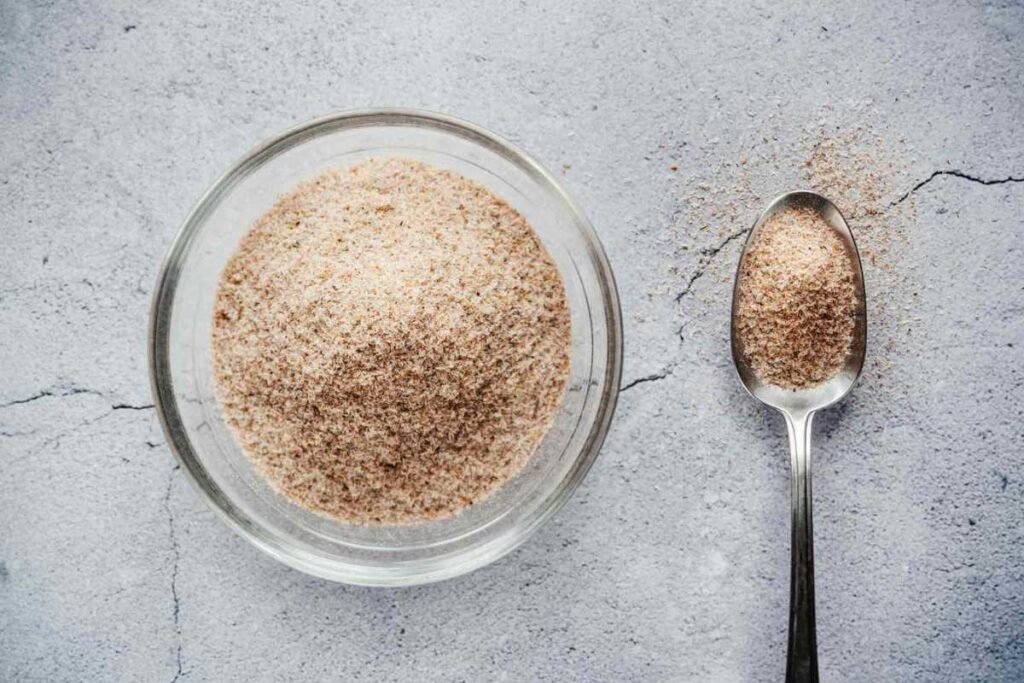The Rise of a “Natural” Weight Loss Alternative
As the popularity of Ozempic surges for its weight loss effects—despite being a diabetes medication—many people are now turning to more accessible alternatives. One such contender making waves online is psyllium husk, a fiber supplement now being dubbed “the poor man’s Ozempic.” Amidst medication shortages, high costs, and the challenges of obtaining a prescription, consumers are increasingly exploring natural options to support their weight loss efforts.
Psyllium husk, derived from the seeds of the Plantago ovata plant native to India, is a soluble fiber known for turning into a gel-like substance during digestion. Registered dietitians describe it as a beneficial supplement for managing constipation, blood sugar, and cholesterol levels. Due to its ability to increase satiety, psyllium husk has found its way into weight management discussions.
But is psyllium husk truly comparable to Ozempic? Experts say no—at least not in the way some hope. While the fiber supplement may help curb appetite and regulate digestion, it does not function in the same biological manner as Ozempic, which mimics the body’s GLP-1 hormone to reduce hunger and increase insulin.
What Psyllium Husk Can (and Can’t) Do?
According to nutritionist Jessica Cording, psyllium husk may be a supportive element in a larger weight management plan, particularly when paired with dietary or exercise changes. However, she cautions that it won’t cause substantial weight loss on its own. Fellow dietitian Keri Gans agrees, adding that while fiber helps with feelings of fullness, the effects are modest and gradual.
The safety profile of it is generally positive, but experts urge caution for those on medications or managing health conditions. It’s important to consult a healthcare provider before adding any supplement to your routine. Additionally, new users are advised to start with small doses to avoid potential digestive discomfort, such as gas or bloating. Mount Sinai recommends beginning with half a teaspoon in water daily and gradually increasing as tolerated.
Overconsumption without sufficient water can even lead to constipation, so hydration is key. That said, when used properly, it can be safely taken daily and integrated into a healthy lifestyle.
Setting the Record Straight on Comparisons to Ozempic
Despite its growing reputation online, experts make it clear that it should not be considered a substitute for Ozempic. While both can aid in appetite control, their mechanisms of action differ significantly. Ozempic directly interacts with the body’s hormonal system to slow digestion and regulate glucose, making it far more potent in producing weight loss results.
Cording emphasizes that simply labeling every new supplement or health trend as “the next Ozempic” sets unrealistic expectations. “Psyllium husk can support healthy habits, but it’s not a miracle weight loss product,” she said. Instead, healthcare providers continue to advocate for a well-rounded approach—balancing nutrition, movement, and mindfulness—as the foundation for sustainable weight management.
In summary, psyllium husk can be a helpful, affordable tool, but it’s no magic bullet. Those considering it should do so thoughtfully, with expert guidance and realistic goals in mind.









